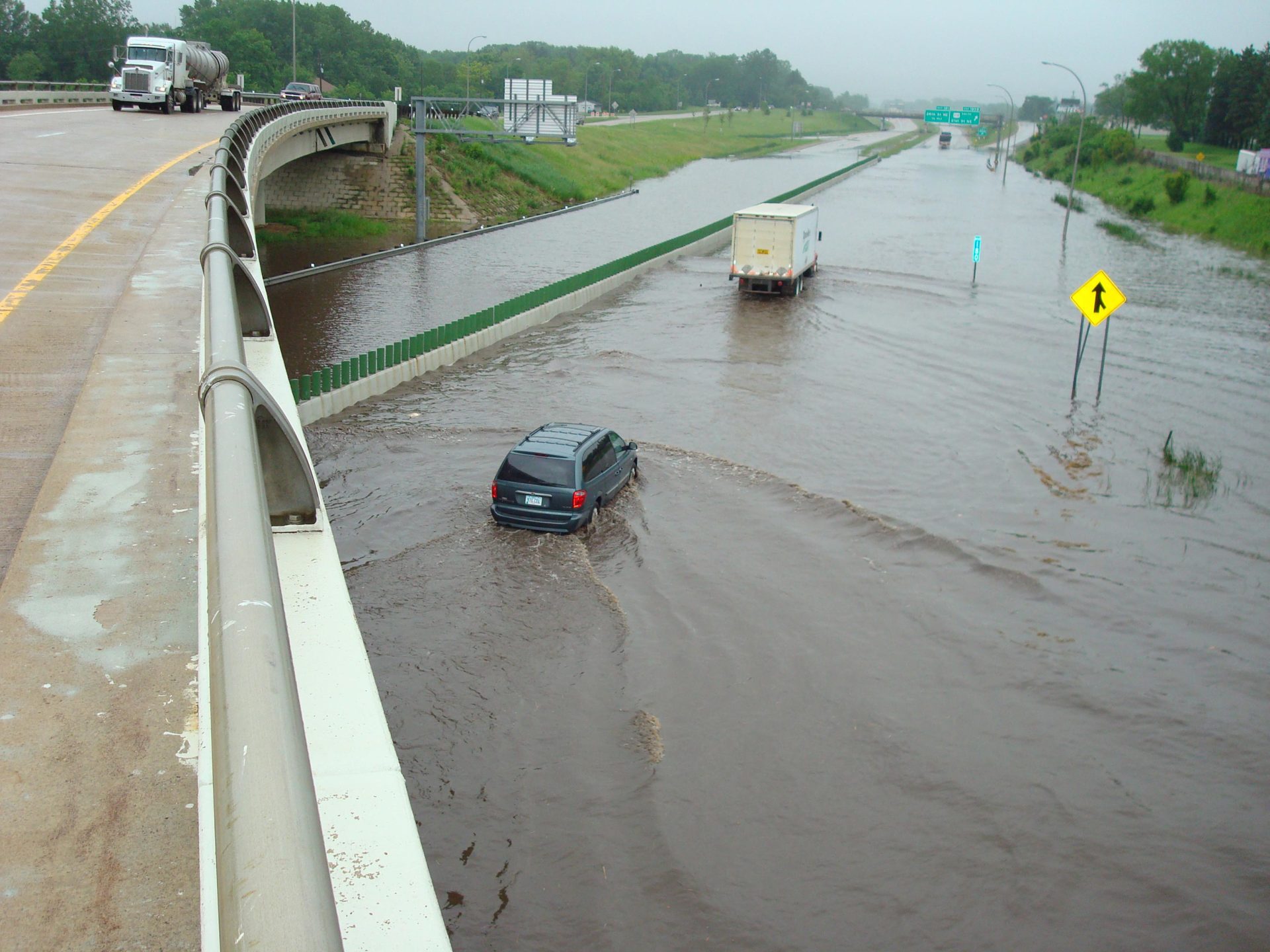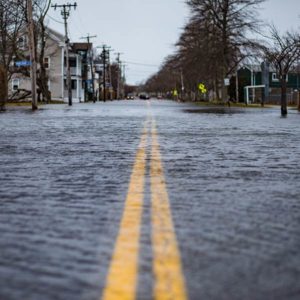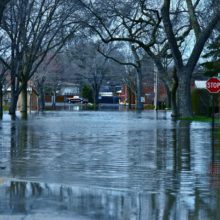How are local and state government revenues vulnerable to climate change? Researchers Mark Haggerty and Dr. Kristin Smith discuss current research on how climate risk destabilizes state and local budgets and constrains access to lending markets. The presentations focus on promising solutions for “climate-proofing” budgets.
This post includes recordings from the March 12, 2021, workshop for the RISA Fiscal Policy & Adaptation Working Group.
Building climate resilience will require predictable revenue streams and long-term solutions.
In this presentation, Dr. Kristin Smith describes how climate-related disasters impact state and local revenue and how some fiscal policies actually discourage climate adaptation. Climate policies should strive to stabilize local revenue, particularly in communities with volatile revenue streams such as from fossil fuels.
Climate adaptation often requires large up-front costs for grey and green infrastructure.
State and local governments issue municipal bonds to finance two-thirds of state and local infrastructure. However, research suggests that bond markets may fail communities at the exactly the wrong time – when communities need the most help in the wake of natural disasters. As rating companies incorporate climate change into their risk calculations, at-risk communities may face higher borrowing costs, reducing their ability to fund adaptation projects. In this presentation, Mark Haggerty sheds light on possible finance solutions, including impact investing and revolving loan funds.






